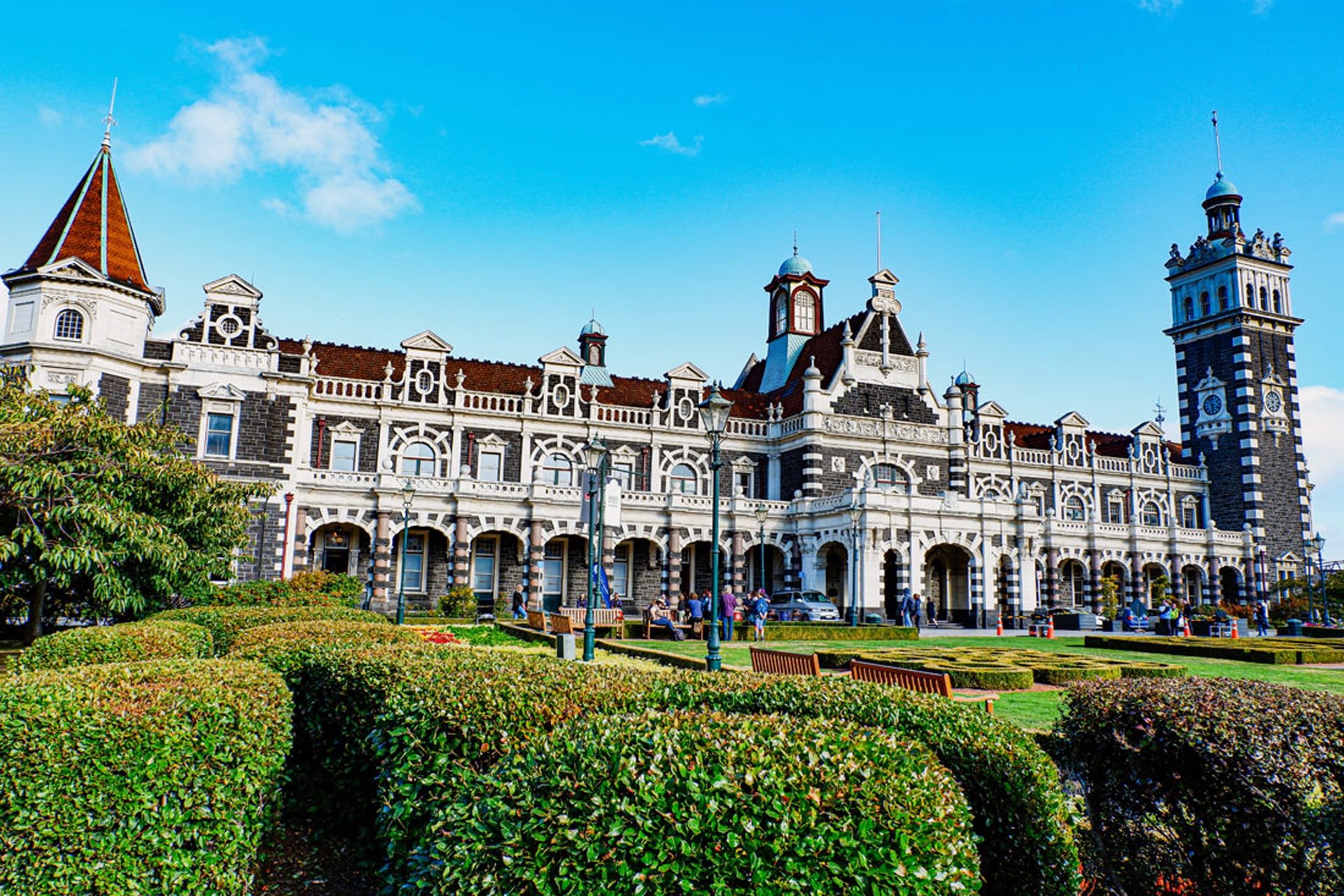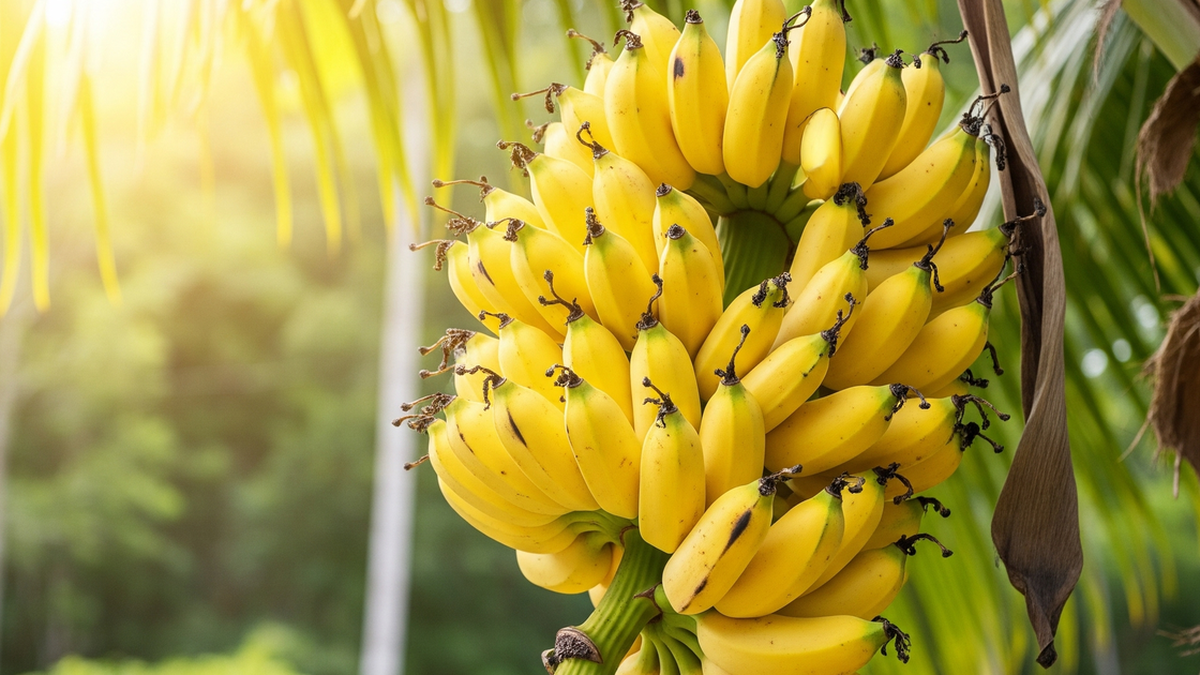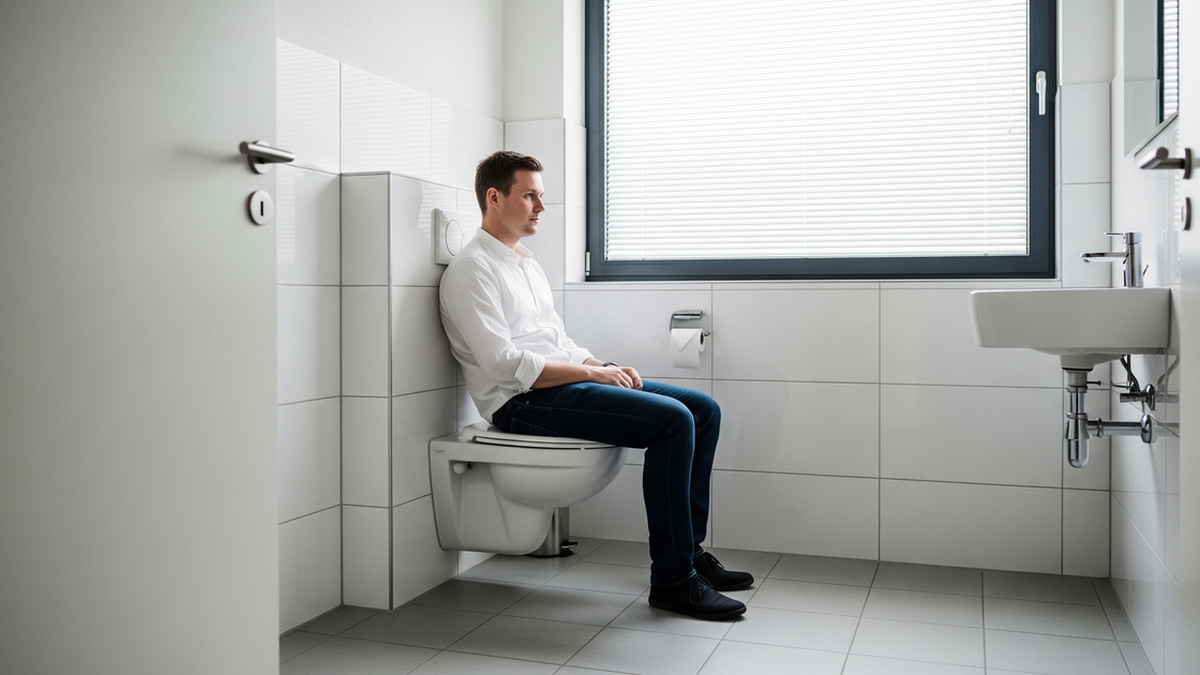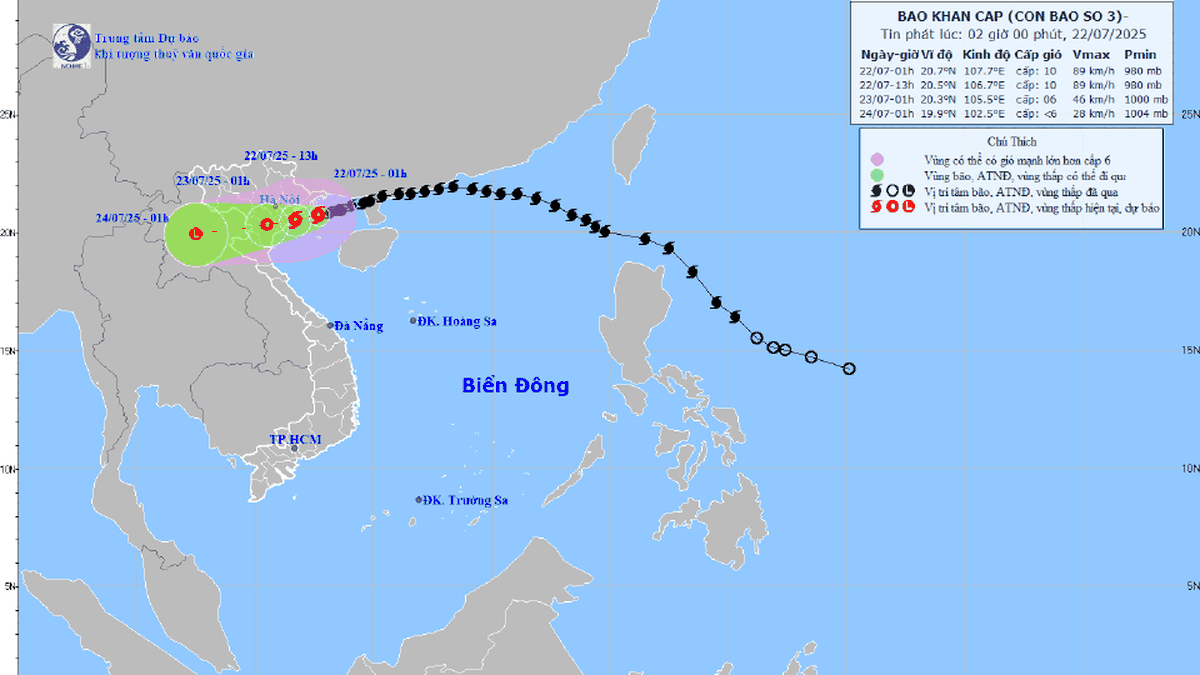Dunedin is a modern city, in harmony with technology and nature.
Biomedicine and healthcare - a pillar of innovation with great potential
Located on the coast and dubbed the “student capital” thanks to the country’s oldest university, Otago, Dunedin is not only a knowledge hub but also a breeding ground for many innovative biomedical projects. The bio-startup ecosystem at the University of Otago is playing a key role in transferring academic knowledge to the market. At the University of Otago, the Centre for Innovation has supported three biomedical startups to raise a total of $4 million in funding by 2024, including Upstream Medical Technologies, which has successfully developed a point-of-care test to diagnose myocardial infarction from a tiny blood sample. A project harnessing the luminescence of New Zealand fireflies, led by Professor Kurt Krause, promises to create new biosensors that can monitor cancer cells in real time...
In addition, Blis Technologies, a Dunedin-based biopharmaceutical company, has launched beneficial bacteria to improve oral health, generating more than NZ$5 million in revenue in the last financial year. “Dunedin has huge potential in biotechnology and needs to strengthen the connection between universities, businesses and investors to bring products to the world,” said BioTechNZ director Blair Harrison.
Dunedin has also recently become the focus of regional attention in healthcare when the NZ$1.3 billion (over VND20 trillion) Dunedin Hospital Residential Building Project was restarted in mid-2025 after a two-year delay. According to the New Zealand Health Care Authority - Health New Zealand Te Whatu Ora, the project will serve the diagnosis and treatment of more than 350,000 southern residents. This project is considered a testament to the government 's commitment to the people of Dunedin in developing high-tech healthcare.
Towards a green future and biodiversity conservation
Not only focusing on economic development, Dunedin has also achieved many achievements in biodiversity conservation. Previously, Dunedin suffered serious damage from alien species, especially possums, black rats and European weasels. Possums were introduced to New Zealand in the 19th century to serve the fur industry, but quickly multiplied and destroyed the native ecosystem. In the Dunedin area, possum density was up to 3 individuals/ha in the suburban forest and is still common in residential areas. Black rats also have a major impact by destroying tree seeds and seabird eggs, reducing coastal and small island biodiversity... These impacts are the reason why the city launched programs such as Predator Free Dunedin to restore and protect local ecosystems. By the end of 2024, the Predator Free Dunedin program had eliminated more than 110,000 rats and possums, moving closer to its goal of being “non-native” by 2050. “Every royal albatross or native seabird that returns is a huge bonus,” said project leader Simone Taylor.
Just 20km from the city centre, the Orokonui Ecosanctuary spans 307ha of cloud forest, surrounded by a 9km predator-proof fence. Run by the Otago Natural History Trust, it is home to a range of rare and endemic species, including the South Island kaka, the ta-kahe, the Haast tokoeka kiwi and more. Native reptiles such as the tuatara and the multicoloured rock lizard are also recovering thanks to the re-created habitat. According to manager Clare Cross, the site is seeing the return of species that had been lost. This proves that nature can recover when properly protected.
On the Otago Peninsula, OPERA Sanctuary, formerly Penguin Place, is a rehabilitation centre for more than 250 yellow-eyed penguins a year – one of the world’s rarest seabirds. Since the sanctuary’s new owners took over in 2023, they have expanded its mission to include reforesting former farmland with native forests, monitoring seal and sea lion populations, and implementing a 100-year ecosystem restoration plan. All tourism revenue is ploughed back into conservation efforts.
Along with preserving biodiversity, Dunedin is also working towards a green future. Zero Carbon Dunedin, a commitment to be carbon neutral by 2030, has completed energy upgrades to 17 public buildings with solar panels. According to a City Council report, the target of reducing internal emissions by 30% by the end of 2026 is being accelerated by 250km of dedicated cycleways and 3,400 new trees planted in the urban area.
Close connections between government, academia, business and the community have created a resilient ecosystem that has paved the way for projects with impact far beyond New Zealand’s borders. From high-tech hospitals to biotech start-ups, from exotic animal eradication campaigns to sustainable urban strategies, Dunedin is shaping up to be a modern metropolis that blends culture, technology and nature.
Source: https://hanoimoi.vn/dunedin-thanh-pho-sinh-hoc-va-sinh-thai-709451.html
























![[Photo] National Assembly Chairman Tran Thanh Man visits Vietnamese Heroic Mother Ta Thi Tran](https://vphoto.vietnam.vn/thumb/1200x675/vietnam/resource/IMAGE/2025/7/20/765c0bd057dd44ad83ab89fe0255b783)














































































Comment (0)